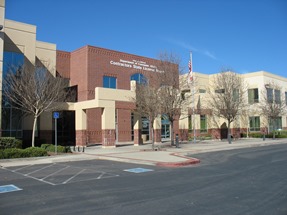History and Background
The Contractors State License Board (CSLB) was established in 1929 as the Contractors License Bureau under the Department of Professional and Vocational Standards. Today, CSLB is part of the Department of Consumer Affairs.
CSLB’s 15-member Board appoints the executive officer, or Registrar of Contractors, and directs administrative policy for the agency's operations. Per Business & Professions Code 7002 the Board includes 10 public members (including one labor representative, one local building official, and one representative of a statewide senior citizen organization), and five contractors. Appointments are made by the governor and the state legislature.
CSLB licenses and regulates contractors in 44 classifications that constitute the construction industry. There are approximately 300,000 licensed contractors in the state. CSLB also registers home improvement salespersons.
The Registrar oversees approximately 400 employees who work at the headquarters office in Sacramento and field offices throughout the state. (Office Locations)
CSLB's headquarters office receives and processes applications for new licenses, additional classifications, changes of license records, and license renewals. Headquarters staff reviews and maintains records of disciplinary actions initiated by the regional offices and provides other support services. This office also provides information about the status of a license as well as the verified certificates of licensure used in court or other actions. Headquarters directs the activities of the field offices and initiates all disciplinary actions resulting from their investigations. Field office staff investigates consumer complaints against licensed and unlicensed contractors.
CSLB's Statewide Investigative Fraud Team (SWIFT) focuses on the underground economy and on unlicensed contractors. This unit conducts proactive stings and sweeps to help curtail illegal contracting by and cites those who are not licensed.
CSLB holds regularly scheduled public meetings throughout the state. These meetings provide the public an opportunity to testify on agenda items and other issues.



